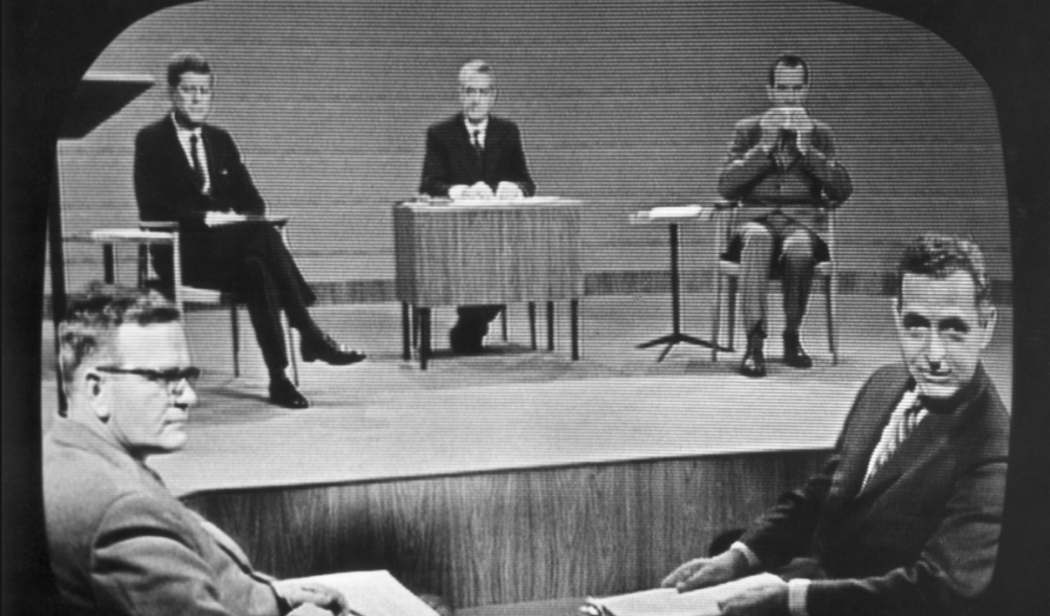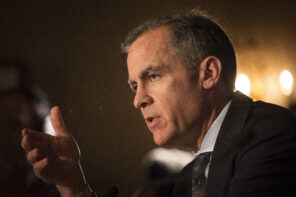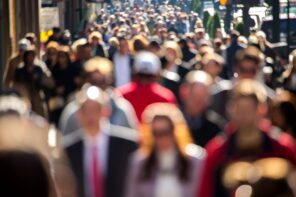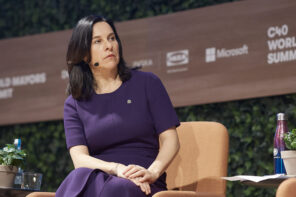With the American presidential election approaching in just a few weeks, the debates are the last major events of the campaign. Ever since they became a mainstay in US politics in 1960, the debates have always garnered a widespread audience, reaching tens of millions of viewers. While the point of these events is to target undecided voters (especially those who tend to be impartial to both parties), given the age of incredibly polarized politics and the fighting matches that have ensued (in 2016 and this year), do the presidential debates really matter?
The presidential debates are supposed to tackle the most pressing issues facing America, such as access to health care, the economy, race relations, and foreign affairs. However, as seen by the September 29th debate, the two candidates spent a disproportionate amount of time interrupting each other, fabricating facts, or dodging questions. This year’s topics included Trump and Biden’s records, the Supreme Court nominations, the coronavirus pandemic, race and violence in cities, election integrity, and the economy. While all six of these issues hold immense weight in our current political climate, the biggest takeaways from the first debate had little to do with any of those topics. A few notable quotes that night included, “will you shut up, man?” (Biden’s reaction to Trump’s incessant interruptions), “so cheap, it’s like water” (Trump referring to, without evidence, how insulin prices will drop 80 to 90 percent), and, of course, “Proud Boys, stand back and stand by” (Trump’s nod to a white supremacist group).
Not only did the debate completely fall short of its original intentions of targeting undecided voters, but it proved to be more harmful than beneficial. The constant squabbling between two old white men who seem out-of-touch with the interests of the public is disheartening to many young voters, only adding to the growing apathy towards politics in the US. Most importantly, the lack of fact-checking is detrimental to the fabric of American politics and life.
By fueling political indifference, the debates contribute to a lower voter turnout, even during crucial elections like this one.
For decades, voter turnout in American presidential elections has hovered between fifty and sixty percent. The key obstacles to increasing voter turnout are voter discrimination (especially towards people of color), lack of civic education, and apathy towards the political system. By fueling political indifference, the debates contribute to a lower voter turnout, even during crucial elections like this one. American politics has become increasingly polarized, and those at the top of the political hierarchy do not accurately represent the country. Why would an eighteen-year-old person of color feel any connection to either Trump or Biden? To many, they see no difference in who gets elected. The drama of the debates exacerbates this view. To many apathetic voters, at the end of the day, all top-dog politicians are the same.
Many politicians, regardless of their party, seem to possess the same, damaging quality — a tendency to exaggerate, stretch the truth, or just flat-out lie to the public. Nowhere has this been seen more than in the presidential debates (and Trump’s Twitter feed). The lack of in-person immediate fact-checking by the debate moderator gives free-reign to the candidates to mislead and manipulate. It is only after the debates that journalists are left scrambling to fact-check the various claims made. Realistically, however, many Americans will never read these articles, leaving them ill-informed. The objective of such a political debate is completely undermined if the information spewed by candidates is false.
…immediate, in-person fact-checking would hold both sides accountable by putting them on the spot for stretching the truth or lying.
Real-time fact-checking would not only show how reliable a candidate is, but would also help to educate the public. In order to have a more transparent, fair, and equitable political system, it is crucial that the general masses have access to accurate information. With 73.1 million Americans tuning into the first presidential debate, the event is a prime opportunity to better inform the electorate on political, social, and economic matters, and could mitigate the tsunami of falsehoods that live in seemingly every corner of political life. In addition, immediate, in-person fact-checking would hold both sides accountable by putting them on the spot for stretching the truth or lying. During Trump’s handling of the coronavirus pandemic, he has been able to get away with lying about vital economic and health information. We have seen the disastrous effects that this has caused. Why should we let it happen again?
The second presidential debate was supposed to take place on October 15. Due to Trump’s refusal to participate in a virtual debate, the event was cancelled. With the third and final debate airing tonight, we can only hope for it to be a little less messy than the first (with the help of muted microphones). However, without immediate, in-person fact-checking, the debates remain to be just another platform for candidates to mislead the public.








